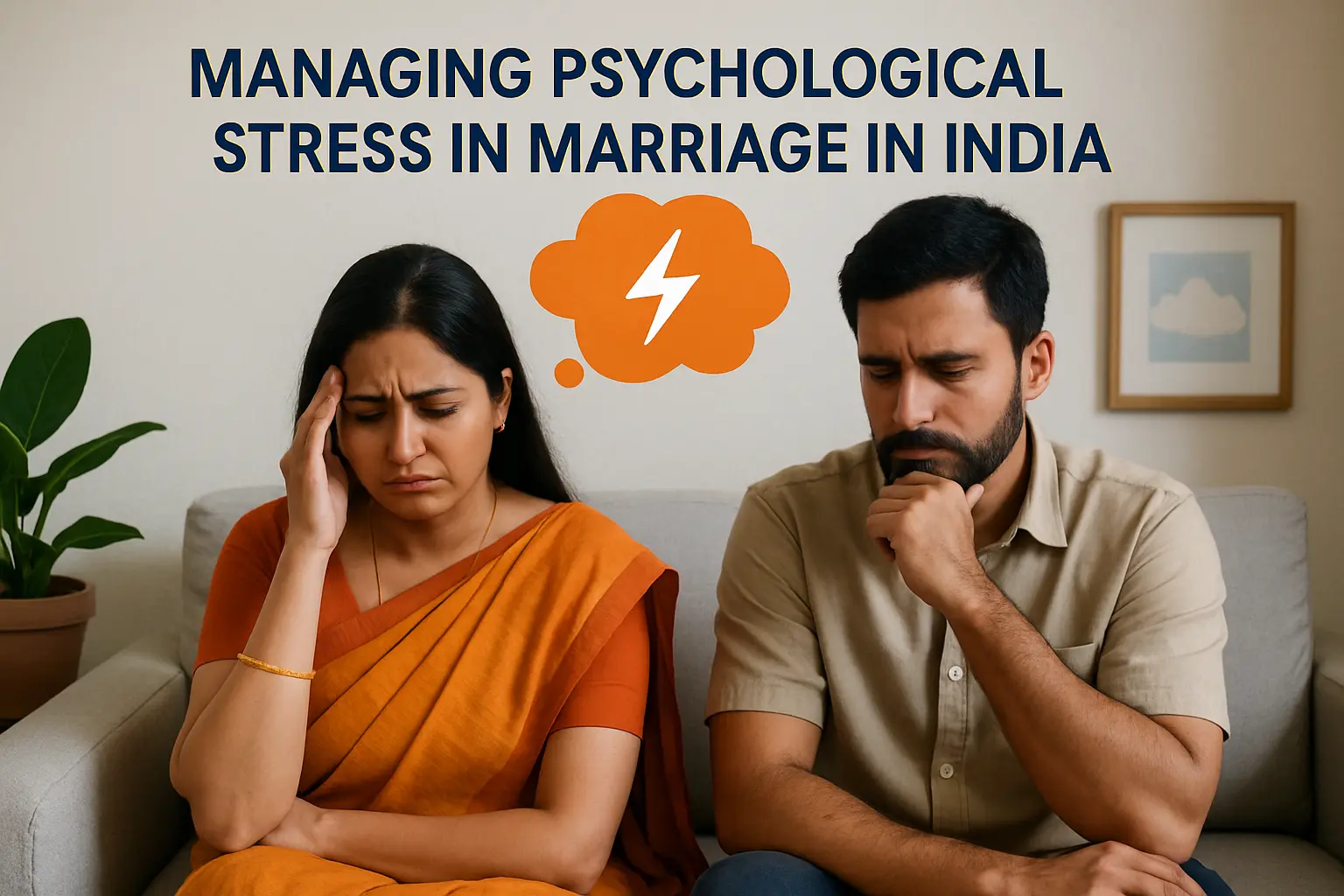Finland consistently ranks as one of the happiest and most intelligent countries in the world. It has been crowned the world’s happiest country in the United Nations’ World Happiness Report for several years in a row. Additionally, Finland is known for its outstanding education system, high literacy rates, and innovative thinking. The country’s unique combination of social policies, education system, work-life balance, and connection to nature contributes to its exceptional well-being and intellectual prowess.
Hashtag Magazine explores the key factors that make Finland both the happiest and smartest country in the world.
1. The Finnish Education System: A Model of Excellence
Finland’s education system is regarded as one of the best in the world. Unlike many countries that emphasize standardized testing and long school hours, Finland takes a different approach. Finnish students enjoy a relaxed and student-centric learning environment that fosters curiosity, creativity, and critical thinking.
A. Minimal Homework and No Standardized Tests
One of the most striking aspects of Finnish education is the lack of standardized tests. Instead of relying on high-pressure exams, teachers assess students through continuous evaluation. This approach allows children to focus on deep learning rather than memorization. Additionally, Finnish students receive minimal homework, allowing them to have a better balance between academics and personal life.
B. Highly Trained Teachers
Teachers in Finland are respected professionals, much like doctors or lawyers. Becoming a teacher requires a master’s degree, and only the top graduates are selected for teaching positions. The rigorous training ensures that teachers are well-equipped to handle diverse learning needs and create an engaging classroom environment.
C. Equal Opportunities for All
Education in Finland is free, from preschool to university, ensuring equal access to learning regardless of socio-economic background. Schools do not compete with one another, and there are no rankings. Instead, the focus is on collaboration and ensuring that every child receives a high-quality education. This emphasis on equality has led to some of the highest literacy and numeracy rates in the world.
2. Finland’s Work-Life Balance and Social Welfare
Finland’s social structure is designed to prioritize well-being. The country’s policies encourage a balanced lifestyle, which significantly contributes to happiness and intellectual development.
A. Shorter Work Hours and Flexible Schedules
Finns enjoy one of the shortest average workweeks in the world, typically around 30-35 hours. Unlike countries where long work hours are considered a sign of dedication, Finland values efficiency and productivity over time spent in the office. Many workplaces offer flexible schedules and remote work options, allowing employees to balance work with personal life.
B. Generous Parental Leave
Finland offers one of the most progressive parental leave policies globally. Parents can take up to three years of paid leave to care for their children. This policy not only benefits families but also contributes to a well-adjusted, happy, and intelligent younger generation.
C. Free Healthcare and Social Security
Finland has a comprehensive welfare system that ensures its citizens’ basic needs are met. Free healthcare, unemployment benefits, and financial support for students and the elderly create a sense of security and stability. People are not burdened with excessive medical bills or financial stress, leading to lower anxiety and an overall better quality of life.
3. Connection with Nature and Outdoor Lifestyle
Finland is known as the “Land of a Thousand Lakes” and boasts vast forests, clean air, and an abundance of natural beauty. This strong connection with nature plays a crucial role in both happiness and intelligence.
A. The Right to Roam (“Jokamiehenoikeus”)
Finns enjoy a unique law called “Everyman’s Right,” which allows people to roam freely in nature, pick berries and mushrooms, and camp almost anywhere. This fosters a strong bond with nature from an early age and encourages outdoor activities, which have been scientifically proven to reduce stress and improve cognitive function.
B. Emphasis on Outdoor Play and Physical Activity
In Finland, children spend a significant amount of time outdoors, regardless of the weather. Schools incorporate outdoor play into their daily routines, and physical activity is encouraged for people of all ages. Research shows that exposure to nature and physical activity improve brain function, creativity, and overall happiness.
C. Saunas and Mental Well-Being
The Finnish sauna culture is another factor contributing to happiness and relaxation. Almost every Finnish home has a sauna, and it is considered a place for relaxation, meditation, and socialization. Saunas help reduce stress, improve blood circulation, and contribute to overall mental well-being.
4. A Society Built on Trust and Equality
Trust is one of the key pillars of Finnish society. Whether it is trust in government, institutions, or fellow citizens, this high level of social trust creates a stable and harmonious environment.
A. Low Corruption and High Transparency
Finland is consistently ranked as one of the least corrupt countries in the world. The government operates with a high level of transparency, and citizens trust that public funds are being used effectively. This trust reduces stress and frustration, allowing people to focus on their personal and professional development.
B. Gender Equality and Inclusivity
Finland has made significant progress in gender equality. It was one of the first countries to grant women the right to vote and continues to be a global leader in closing the gender pay gap. The society values inclusivity, and everyone is given equal opportunities regardless of gender, background, or ethnicity. This emphasis on equality contributes to social harmony and overall happiness.
5. Innovation and Technological Advancements
Despite its small population, Finland is a leader in innovation and technology. The country has produced world-renowned companies like Nokia and is at the forefront of technological advancements in education, healthcare, and sustainability.
A. Investment in Research and Development
Finland invests heavily in research and development (R&D), fostering an environment of innovation and intellectual growth. The country ranks among the top in global innovation indices and has a strong startup ecosystem that encourages creative thinking.
B. Digital Literacy and Smart Cities
Finland is a digitally advanced country where citizens have access to high-speed internet and digital services. Smart city initiatives, such as sustainable urban planning and efficient public transport, make life easier and contribute to overall well-being.
6. The Finnish Mindset: “Sisu”
Perhaps the most defining characteristic of Finnish culture is the concept of “Sisu.” This term represents resilience, determination, and inner strength in the face of adversity. The Finnish people embrace challenges with a positive attitude and never give up, whether in education, work, or life. This mindset plays a crucial role in both intelligence and happiness, as it encourages perseverance, self-discipline, and emotional resilience.
Conclusion
Finland’s status as the happiest and smartest country is no coincidence. The combination of a world-class education system, work-life balance, social welfare, connection with nature, trust in society, and an innovative mindset creates an environment where people can thrive both emotionally and intellectually. The Finnish model proves that prioritizing well-being, equality, and education leads to a healthier, happier, and more intelligent society.
As other countries look for ways to improve their own well-being and education systems, Finland serves as an inspiring example of how policies, culture, and mindset can shape a nation’s success.





























